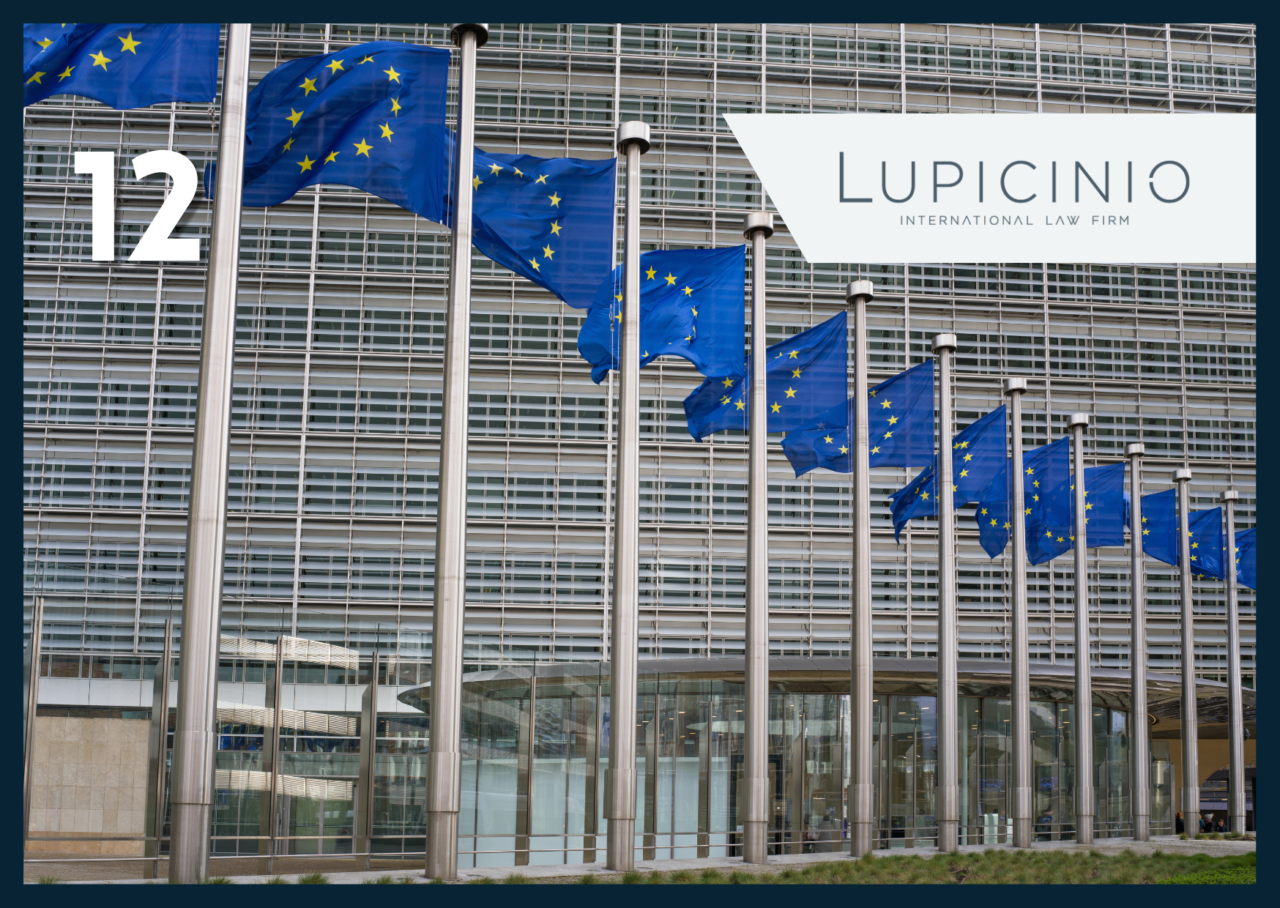The European Union (hereinafter, “EU”) has imposed multiple sanctions against Russia in response to its military aggression against Ukraine, and for the time being, these have been extensive and unprecedented, covering various sectors such as energy and banking. In this regard, UE officials are finalizing the details of a proposed 12th package of sanctions which will include several measures to tackle sanctions circumvention and will focus on banning Russian diamonds and tightening the oil price cap. Russia. The EU has adopted a total of 11, sanctions packages against Russia since the start of the conflict, and this 12th package will most likely target sanctions circumvention more closely.
The ban on Russian diamonds, which would apply from January 2024, aims to prevent the circumvention of existing sanctions and is a joint effort with Belgium and the G7. Additionally, the proposal introduces tougher reporting requirements to prevent the sale of Russian oil bought in violation of existing sanctions with falsified receipts.
It is noteworthy to add that it is still a non-final EU decision, and there are experts who maintain that it may be frustrated along the way, as Hungary and Slovakia are fiercely opposed to its approval.
Tabla de contenidos
12th sanctions package proposed measures
The potential 12th package of EU sanctions against Russia will possibly include several specific measures aimed at further weakening Russia’s position in the international conflict. According to the proposals submitted by the High Representative of the European Union and the European Commission, the measures include the following:
- Ban on Russian diamonds;
- Tightening the oil price cap to decrease Russia’s revenue from oil sales;
- New export bans and actions to fight against circumvention;
- Individual sanctions on more than 100 persons and almost 50 entities, including companies in third countries;
- Prohibition on the repatriation of Russian assets in the EU and restricting the involvement of Russian nationals in sensitive sectors;
- Convincing companies to include clauses in their contracts with firms in third countries that preclude the export of “battleground goods” to Russia.
The proposed measures target actors from the Russian military, defence, IT sectors, and other important economic operators, such as the diamond, gas, and oil sector.
Potential consequences of the european commission sanctions
The potential consequences of the 12th package of sanctions against Russia are significant and multifaceted. The proposed measures aim to weaken Russia’s ability to finance the war and specifically target the political, military, and economic elite responsible for the conflict.
The measures enlisted above are expected to have a substantial impact on Russia’s economy, potentially hitting around €5 billion in the country´s trade. The sanctions are designed to restrict Russian industry’s capacity to acquire key goods and to disrupt trade both to and from Russia.
The highlighted below are among the most significant possible consequences.
Potential consequences in the Russian diamond industry
As stated before, the 12thpackage of EU sanctions against Russia includes a ban on direct diamond imports from Russia. The proposal also includes the implementation of a traceability mechanism from March, which aims to prevent imports of Russian gems processed in third countries. This traceability mechanism is intended to be coordinated with G7 countries, including the United States, Canada, Britain, and Japan. It is designed to address concerns that some Russian diamonds may still enter the European market, and the ban is expected to lead to fewer people buying jewellery that funds the Russian economy.
The ban on Russian diamonds is a significant step, as Russia is known to be the biggest producer of rough diamonds, with nearly a third of the world’s total supply. The decision to impose this ban is linked to the G7’s efforts to trace and restrict the trade in Russian diamonds to prevent them from skirting the sanctions.
The EU’s move to ban Russian diamonds is also driven by the urgent need to take action against the import of Russian gems processed in third countries, which has been a challenge due to the difficulty in tracing the origin of diamonds. Furthermore, the ban on Russian diamonds is significant as it sends a strong message, with Belgian Prime Minister Alexander De Croo stating that “Russian diamonds have come to symbolize war and human rights violations”.
Potential consequences in the Russian oil industry
The proposal also introduces tougher reporting requirements to prevent the sale of Russian oil bought in violation of existing sanctions with falsified receipts. These measures are part of the EU’s strategy to reinforce the overall sanctions framework.
The tightening of the oil price cap is intended to limit the revenue that Russia generates from its oil exports, thereby reducing its financial capacity to sustain its military activities and aggression.
The EU’s previous ban on seaborne oil products from Russia, as well as the ban on seaborne crude oil imports, have already had a notable impact on Russian oil exports to the EU. These measures have led to a significant decline in Russia’s exports of crude oil and oil products to the EU, reducing its share of the EU’s total oil imports and prompting efforts by EU member states to diversify their oil supply sources.
Before the EU embargo and the G7 price cap, Russia exported around 8 million barrels of oil per day to a broad variety of trading partners, with almost half of these exports going to the EU. According to the European Central Bank, as a result of the EU’s ban, Russia’s seaborne crude oil exports to the EU fell by almost 70% between February and November 2022, from 1.4 million barrels per day to 600,000 barrels per day in February 2023.
The EU’s measures have prompted changes in trade patterns, with Russia redirecting its oil exports mainly to Asian countries, particularly China and India, which now account for a larger share of Russian oil exports.
It is important to add that the EU’s ban on seaborne crude oil imports does not apply to shipments via the Druzhba pipeline, which connects Russian oilfields with refineries in several EU countries, including Germany, Poland, Czech Republic, Slovakia, and Hungary.
On top of this, Russia has been primarily an exporter of crude oil. With EU sanctions it has had to diversify its exports to other markets. Countries such as the Czech Republic and Bulgaria have increased their oil imports to Russia from the beginning of the war until today. In any case, Russia has tried to diversify its capital with shareholder control of some European refineries, although some have been expropriated by European governments, as in the case of the refineries that the German government expropriated from Gazprom and Rosneft.
LILF has a team of lawyers specialising in Russia to advise companies and investors with interests in the region. Put yourself in our hands and receive the best legal support.
******
More information:
Lupicinio International Law Firm
C/ Villanueva 29
28001 Madrid
P: +34 91 436 00 90
info@lupicinio.com







